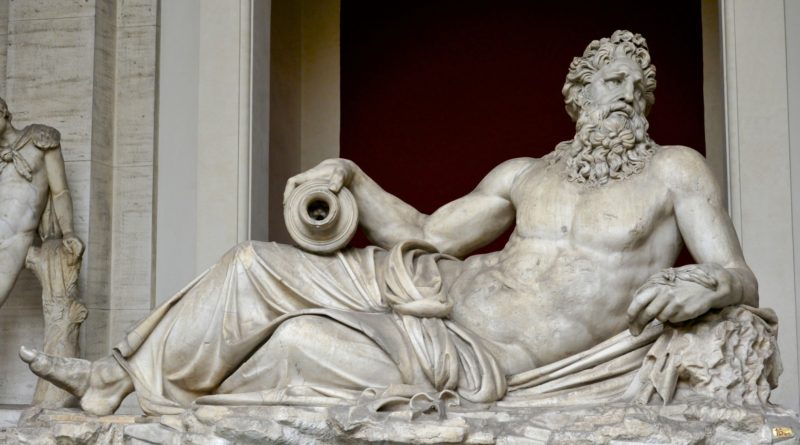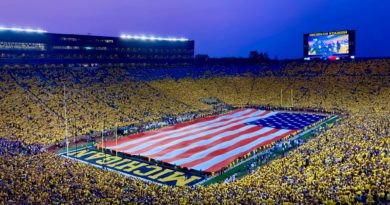A Home in the Universe
I wasn’t going to do this, but I got tempted when the Wall Street Journal had an opinion piece in Friday’s paper, “Why Atheists Need Faith.” We all know the rule – no public discussion about politics or religion among casual groups and, too often, even friends. Hmm, so we have to cede our thoughts to political pundits, scientists, and ordained individuals or keep them to ourselves? That doesn’t sound very constructive or informative to me. ‘Experts’ seem to miss on their predictions about our future as much as anyone.
Anyway, I’ve been fascinated with the question of Science vs. Religion for most of my life. I think it comes down to what it always has and, indeed, always will – faith. Michael Guillen, who wrote the piece, is an author and physicist. Like more and more scientists he is beginning to see a connection between science, the universe, and God. As an atheist, for him this was something of a seminal moment. While studying for his PhD in physics, math and astronomy he began to wonder about his secular world view. Curiosity aroused, he began exploring various religions. His decades-long quest revealed some discoveries along the way (including becoming Christian). They include three essential elements all religions and philosophies possess: a foundation, a size, and a deity.
The foundation is built on core beliefs that cannot be proven but shape our perception of reality. We accept these beliefs wholly on faith. He asserts that even reason depends upon faith, as every logical argument begins with a premise that is assumed to be true. Second is a worldview that is limited by size. Every person’s reality is constrained by its size; some are larger, some smaller, but all only encompass certain realities. The atheist’s worldview only encompasses physical reality; their bubble includes no alternate realities like spirituality or creativity. Last, a deity that rules their worldview and serves as a guiding force.
In his search, Michael learned 95% of the universe is invisible, consisting of random names given to things we don’t understand like dark matter, dark energy, black holes; no different than the names man has been attaching to the unknown for centuries. He believes the more we learn about our universe, the more mystical and supernatural it appears. Names like virtual particles, imaginary time and quantum entanglement are labels scientists attach to certain phenomena; to me, they sound like nonsensical ideas a six-year-old would propose. As they are constrained by their physical reality worldview, atheists try to interpret all evidence solely in terms of space, time, matter and energy. It is a conviction they cannot prove; they can only take it on faith.
In the end, Mr. Guillen concludes one must have faith in a foundation, and that forms the basis for all human experience. Whether it be scientific discovery through faith in the physical reality, fantastic works of art and music built upon the spiritual reality, or to see life as a divine creation and not an accident, these arguments tend to show faith comes before knowledge; knowing cannot come without a reality to base it upon.
I got really excited a few years ago when I began weighing through Stuart Kaufman’s book, “At Home in the Universe.” First published in 1995, this seminal and somewhat controversial work is a dense, eye-opening read from a highly regarded scientist who, through his research, has come to believe there are forces, possibly even a supreme force, guiding the universe. Through experimentation, mathematical models and examination Kaufman utilizes the theories of complexity, self-organization, spontaneous order, and chaos to form the hypothesis that once a catalytic threshold of molecular complexity is reached, nature ignites in a spontaneous reaction of molecules that self-organize to create a new entity – a living cell. It all occurs as if guided by an unseen hand. With this “order for free” as he calls it, he illustrates how single-cell organisms can grow in complexity and how its division of cells for specific purposes, like muscles and nerves, are a self-organizing exercise driven by these forces. Through these forces, he further posits “order for free” drives a course for the creation of life that is neither an accident nor simply evolution; we are the expected result of the universe. Beyond even these astounding ideas, he shows that everything living things do is driven by these fundamentals; that terra cotta and rocks, ecosystems, economic systems and cultures all evolve around these laws of complexity and self-organization. This is not pop science. Reading this book, if you can get through it because there’s a lot there, will leave you excited about the very real possibility of a spiritual force, a supreme force, at work in the universe. It sparkles the imagination.
Science isn’t so self-assured any more that it is the sole answer to all that is, much less, all that can be. Einstein believed in God. He knew there is more out there than we will ever understand, that some things are unknowable, that perhaps there is something bigger than all of us, all of our understanding, all of our comprehension. It’s out there guiding us with a knowing hand. I’m more than okay with that – I think it’s inspirational and a creative requirement for the human race. I can’t imagine it being any other way.




